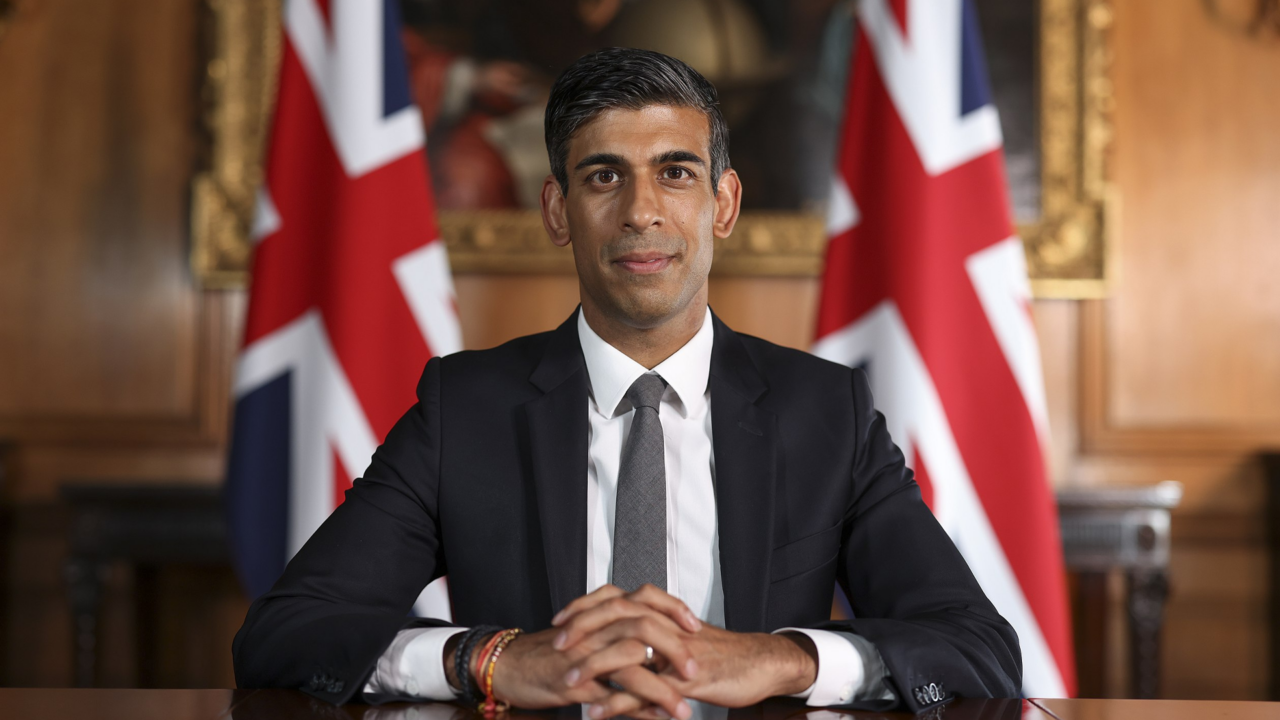If the Conservatives win the UK’s July election, Rishi Sunak has vowed to scrap ‘rip-off’ university degrees in favour of skilled apprenticeships. Creative and cultural studies will likely be the hardest hit.
The UK’s prime minister Rishi Sunak is worried that our university degrees aren’t preparing us well enough to engage in late-stage capitalism.
As a result, he’s announced his plan to cut ‘low-value’ degrees and replace them with 100,000 high-skilled apprenticeships – if he wins the election, that is.
To do so, the Conservatives will grant greater legal powers to the Office for Students, the organisation which regulates universities across the UK, enabling it to axe courses that are ‘underperforming’.
How will the performance and value of university courses be measured? By assessing their dropout rates, career progression, and future earnings potential, of course.
On this basis, many predict that degrees that teach about arts and culture will be the first to go. Looking at the statistics for these degrees, they may well be correct.
I want every young person to get the opportunities they need to thrive.
That’s why we’re taking bold action to deliver 100,000 more apprenticeships a year.
🧵Here’s how we’ll do this 👇
1/6
— Rishi Sunak (@RishiSunak) May 29, 2024





















